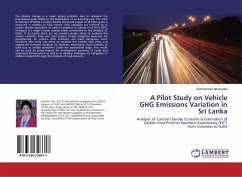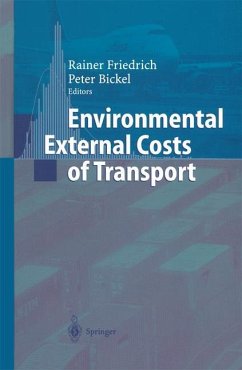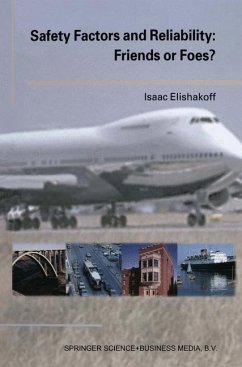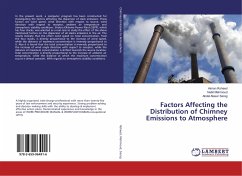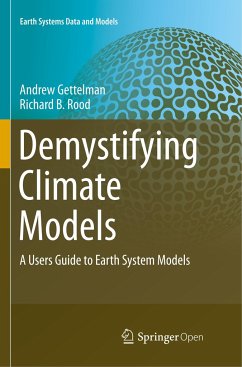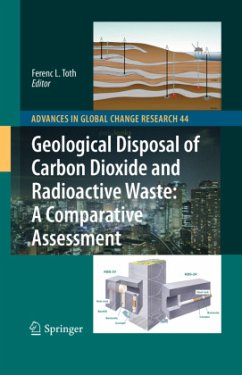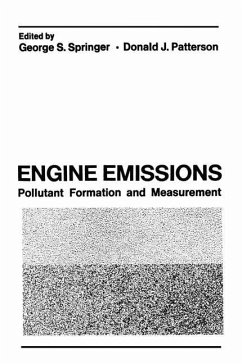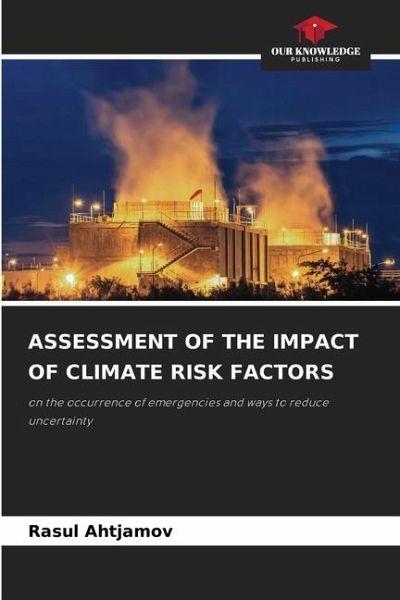
ASSESSMENT OF THE IMPACT OF CLIMATE RISK FACTORS
on the occurrence of emergencies and ways to reduce uncertainty
Versandkostenfrei!
Versandfertig in 6-10 Tagen
24,99 €
inkl. MwSt.

PAYBACK Punkte
12 °P sammeln!
The results of the analysis of changes in the number of natural and man-made emergencies are presented. In the context of climate change impacts, risks arise from the dynamic interaction between climate-related hazards and man-made systems. The proposed approach to probability assessment considers the fact that climate change increases the probability of adverse events that have already occurred in the area. Sources of uncertainty derived from accounting for greenhouse gas emissions or removals are identified. At the same time, objectively determined causes of uncertainty are highlighted. Ways...
The results of the analysis of changes in the number of natural and man-made emergencies are presented. In the context of climate change impacts, risks arise from the dynamic interaction between climate-related hazards and man-made systems. The proposed approach to probability assessment considers the fact that climate change increases the probability of adverse events that have already occurred in the area. Sources of uncertainty derived from accounting for greenhouse gas emissions or removals are identified. At the same time, objectively determined causes of uncertainty are highlighted. Ways of training personnel capable of assessing and managing climate risk factors within socio-ecological systems are proposed.





